Entertainment industry leaders call for JobKeeper extension
A year after the industry went into lockdown, some sectors are booming but others fear the fiscal cliff.
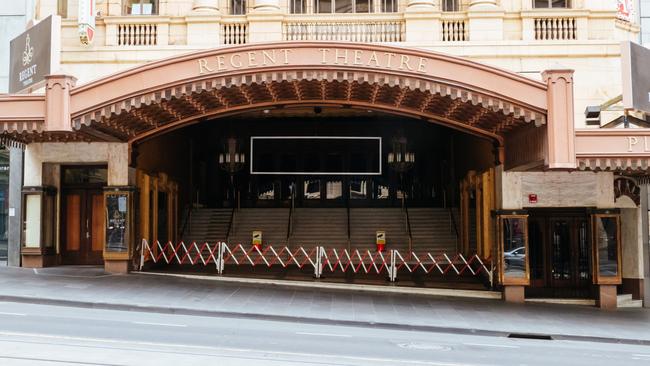
For the music industry, the first hint of the fast-approaching tsunami of cancelled coronavirus gigs came exactly a year ago — on the morning of March 12, 2020 — when US rock band Pixies sniffed the wind and opted to fly home “out of caution for public health concerns”.
The band left with five shows of its national tour still to go. Trucks filled with their touring gear sat idle and unloaded beneath the Fortitude Music Hall in Brisbane.
The following day, Friday March 13, Scott Morrison met with the nation’s premiers and chief ministers to form a new national cabinet in response to the unfolding pandemic.
On that day, they announced restrictions on gatherings of more than 500 people, an order that closed theatres, concert halls and other venues around the country.
Within weeks, the restrictions were tightened further and cinemas, bars, nightclubs and other venues shut their doors.
One year on, and the picture of Australia’s arts and entertainment sector is considerably brighter. The successful containment of coronavirus in all states means that theatres, galleries and music venues have been able to reopen, albeit with reduced capacity in some cases.
Federal Arts Minister Paul Fletcher, in an interview to mark the anniversary of the lockdown, says the nation’s arts and entertainment sector is on a clear path to recovery, although considerable challenges remain.
“If I compare where we are in March to six months ago, I think we’ve made great progress,” he says. “Australia’s creatives, Australia’s performers, everyone in the arts and entertainment sector has done a very good job in managing through this and getting on the path towards normality.”
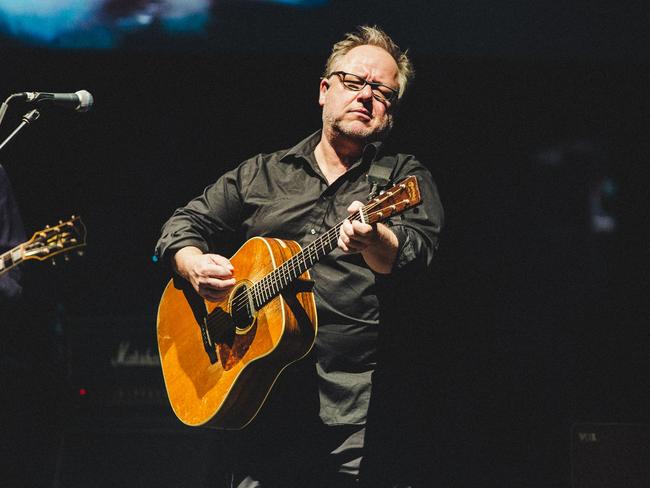
Signs of revival are evident: from the opening of a major international exhibition, the NGV Triennial, at the National Gallery of Victoria, to Sydney Theatre Company opening to full houses of Playing Beatie Bow, and the slate of big-budget film and TV productions under way around the country, thanks to our largely COVID-free environment.
But the post-lockdown joy is unevenly shared, and in some areas the level of live arts and entertainment activity is well behind what it was a year ago. Industry body Live Performance Australia, citing a survey of its 400 members, says 90 per cent are still receiving JobKeeper payments this quarter, in a clear indication that revenue remains well below pre-COVID earnings levels.
And music rights organisation APRA AMCOS last month showed that the lineup of live gigs is but a fraction — 4 per cent — of what it was in pre-COVID days.
The heads of two of the biggest live entertainment companies, TEG’s Geoff Jones and Live Nation’s Roger Field, say their businesses continue to be hampered by travel restrictions and ongoing uncertainty.
“We are the two biggest ticketing companies in the country — we are selling tickets but we are not selling them anywhere near the velocity that we usually do because of COVID restrictions and one thing and another,” Jones says in a Zoom call with Field.
“We can’t bring international acts into the country, we can’t generate revenue that way. We haven’t been able to get our businesses going because we can’t bring people into the country.”
Jones and Field, members of the high-level Live Entertainment Industry Forum, say their industry needs ongoing support beyond March 28, when JobKeeper payments end. A study LEIF commissioned from consultants E&Y reports that the live entertainment industry’s financial contribution — including sport and entertainment events — fell by 65 per cent last year, representing a $23.7bn loss to the economy.
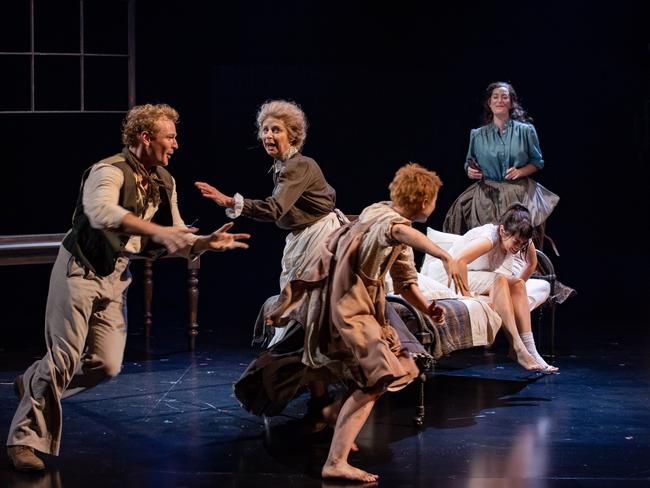
The federal government has allocated more than $700m for industry-specific support for arts and entertainment businesses, including the $250m Creative Economy Jobmaker package that was announced in June, and the $400m location incentive to attract big-budget film and TV production to Australia. Of the Creative Economy package, $123m, or about half, has been allocated since it was announced almost nine months ago. The $75m RISE fund has distributed $60m to commercial and non-profit companies to help them restart their businesses.
Grants announced in December will support activity by small companies such as contemporary dance ensemble Shaun Parker and Company and Melbourne’s La Mama theatre, through to larger commercial operations such as Byron Bay’s Bluesfest.
Some producers are critical the money was slow to arrive. Michael Cassel — whose Michael Cassel Group has received three separate grants worth $2.3m in total, including for the opening of Hamilton in Sydney this month — says the support is welcome but could have come sooner.
While the $50m Temporary Interruption Fund for the screen sector has been fully deployed, no projects to date have been supported through the $90m Show Starter Loan Scheme, the largest part of the assistance package. The Arts Sustainability Fund, with $35m to support at-risk commonwealth-funded organisations, has allocated $13m to groups including the Melbourne Symphony Orchestra, which was facing possible insolvency last year. Newly announced recipients this week are the Wheeler Centre, Belvoir, the Australian Brandenburg Orchestra and Queensland Ballet.
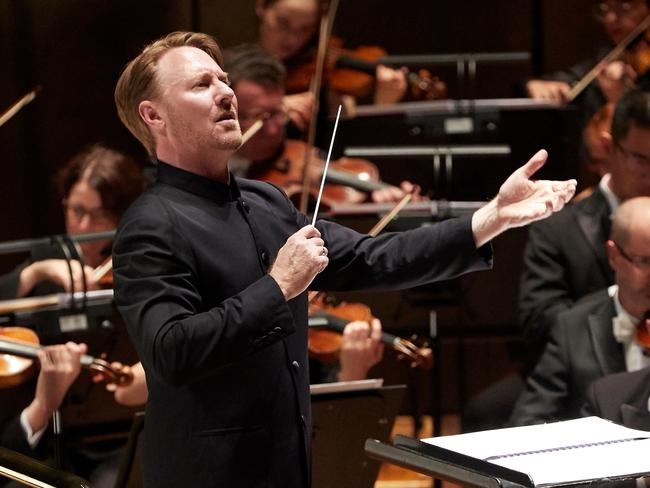
The industry sector that appears to be booming, given a $400m stimulus, is screen production. Already, 22 film and television productions are under way or in the pipeline, creating 12,700 jobs, Fletcher says.
They include Chris Hemsworth’s latest Marvel blockbuster and Julia Roberts and George Clooney’s new film Ticket to Paradise, to be filmed on the Whitsunday Islands, Brisbane and the Gold Coast. The location incentive, in the form of grants to qualifying productions, is an added sweetener to Australia’s attractiveness as a location for international film shoots.
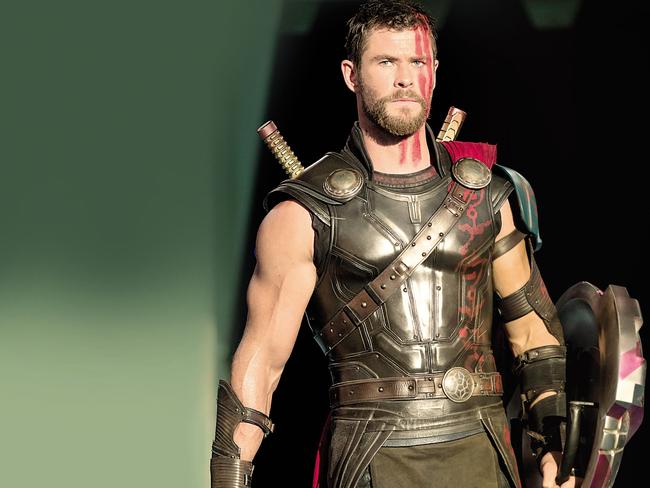
The government has also provided $33m to Screen Australia and $20m to the Australian Children’s Television Foundation to support Australian content, although industry body Screen Producers Australia has criticised the relaxation of Australian content rules for commercial free-to-air TV. SPA claims the move will result in $100m less investment and 2800 fewer jobs, but Fletcher justifies the decision, saying the prior arrangement encouraged low-budget series that were not competitive in the global market.
By far the largest tranche of support for the arts and entertainment sector is JobKeeper. Fletcher says more than $800m of wage subsidy has flooded through the sector, and companies that received support — including Opera Australia and the Australian Ballet — say it has been a lifeline.
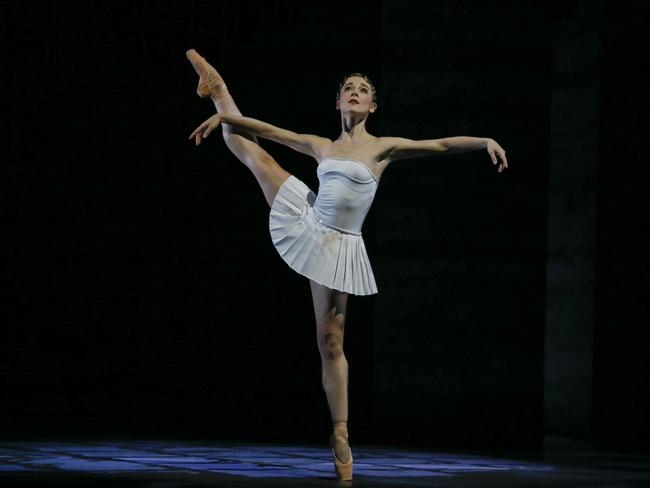
At the start of the pandemic, it emerged that JobKeeper would exclude many artists and arts workers who work from one gig to the next and do not have continuous employment, such as jobbing actors, musicians and roadies. At the time, the government’s response was that those workers not covered by JobKeeper could instead collect the dole.
Fletcher says figures show the claim that JobKeeper excluded artists is a “myth, absolutely wrong”. Of the 40,000 people who work in the creative and performing arts, two-thirds were eligible for JobKeeper, he says. On that basis, JobKeeper would have reached 27,000 people, although 13,000 would have missed out.
“This has been a massive exercise in providing support to the arts sector,” Fletcher says. “What we wanted to do was sustain people through the period when arts activity wasn’t happening.”
With JobKeeper stopping in just over two weeks, the entertainment industry can see a fiscal cliff. Live Nation’s Roger Field says the strongest case for ongoing industry support is that businesses cannot operate at full speed.
“We actually can’t trade at the moment based on restrictions that are in place,” he says. “That makes the argument for why we need ongoing wage support.”
Live Performance Australia has argued for several measures, including an extension of JobKeeper or a similar wage subsidy, and the introduction of a business interruption fund that would indemnify businesses if events are cancelled by further lockdowns.
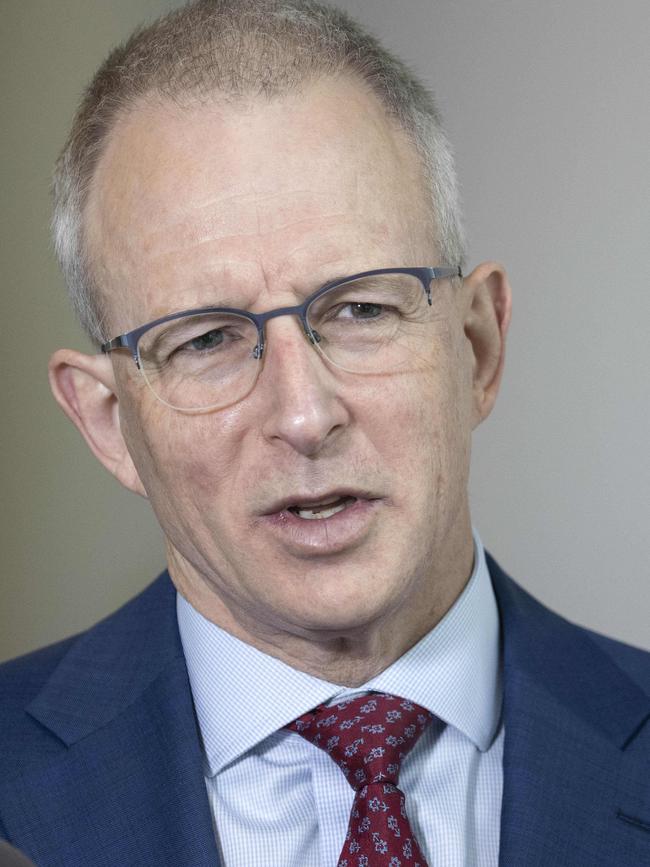
While the government has this week delivered a $1.2bn stimulus to the domestic travel sector, no further industry assistance has been promised for arts and entertainment businesses. Fletcher says he will continue to monitor the sector as it emerges from the lockdown, but he rules out extending JobKeeper or a similar program.
“I’m continuing to watch very carefully the impact on the arts and entertainment sector, and we’re looking at the data,” he says.
“We also want to see the impact of the very substantial funding we’ve already injected through RISE and other measures.”
Industry leaders such as Melbourne Theatre Company co-CEO Virginia Lovett, whose company lost up to $14m in revenue last year, say the industry cannot contemplate any more disruptions. The company this week returned to main stage performances for the first time since the lockdown last March, with its production of Sexual Misconduct of the Middle Classes. But any further lockdowns could cost the MTC $400,000 a week in lost ticket revenue alone.
“It’s still too early to tell what the impact of this crisis is,” she says. “We are still coming out of a very hard second lockdown and recovering. We need consumers to be confident about coming back to the theatre.”


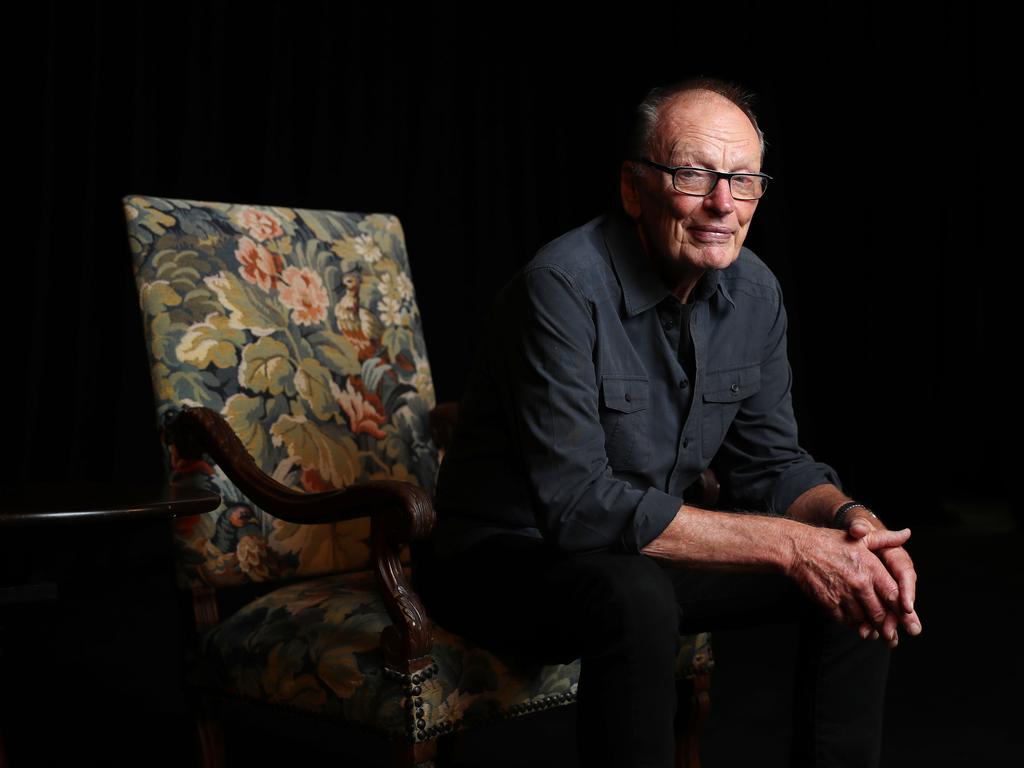

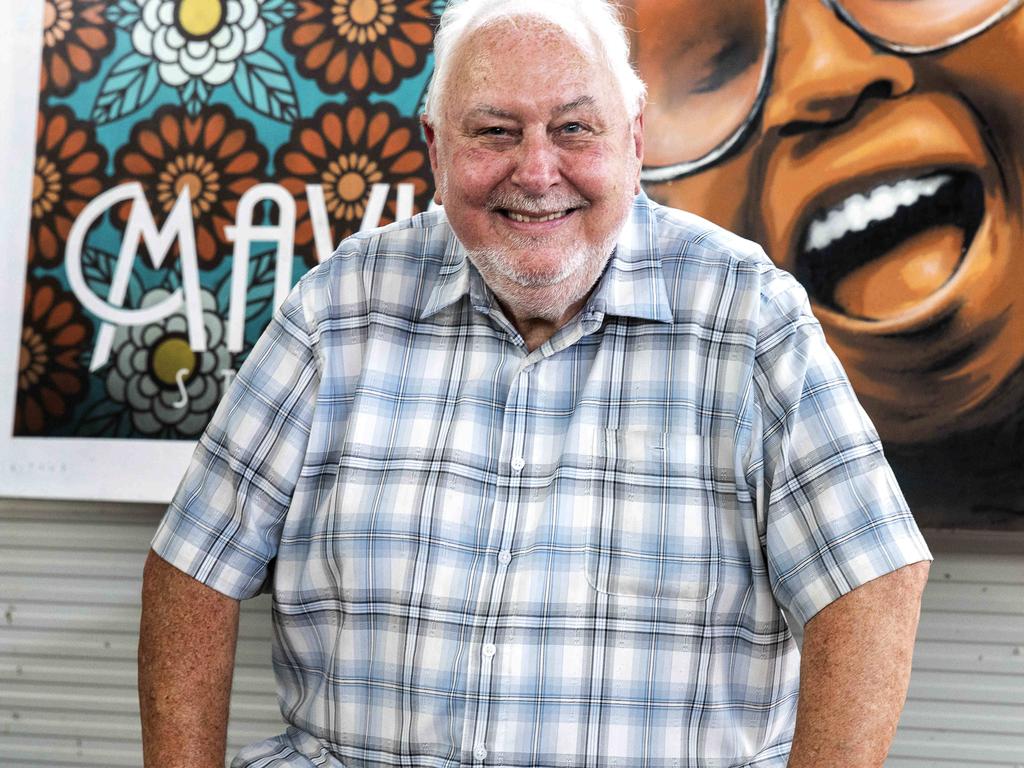
To join the conversation, please log in. Don't have an account? Register
Join the conversation, you are commenting as Logout